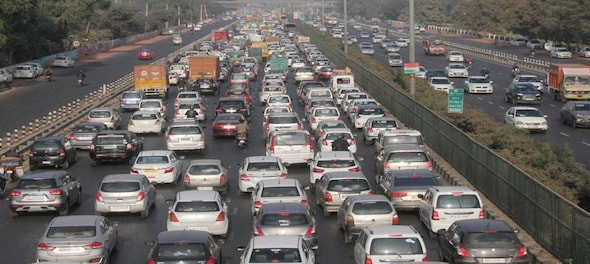
Union finance minister Nirmala Sitharaman in her budget speech on February 1 announced an increase in customs duty on various automobile components. The move was to bring the import tariffs on these components on par with the general duty on the import of auto components.
However, veterans in the automobile industry believe the move is short-sighted and is a negative for long-term competitiveness.
"Increasing import duty on auto components to 15 percent not sustainable in the long-term," Dr Pawan Goenka told CNBC-TV18. He added, "Indian component makers have to increase competitiveness by reducing their own costs and not by putting tariff barriers."
Also read:
Components on which import duties have been enhanced include toughened and safety glass, parts of electrical lighting or signalling equipment, windscreen wipers, gas compressors, and parts used in suspension and braking systems, as well as those which go into steering and transmission.
Customs duties on these parts currently range from 7.5- 10 percent.

Source: ACMA
The top boss at Skoda Auto Volkswagen India agrees. "The increase in customs duty on certain auto parts to 15 percent will further increase input costs and prices for cars which depend on specialised components which cannot be manufactured locally due to unviable volumes," Gurparatap Boparai, managing director, SAVWI said.
However, the Auto Components Makers Association indicated local players could take advantage of the raised tariffs in the short-term. "Increase in basic customs duty on select auto components will encourage local manufacturing of such items," Deepak Jain, president, ACMA said.
Automakers will have to assess the final impact of the enhanced customs duty and how it stacks up against the 7.5 percent duty on steel imports, to conclude whether the cost implication for customers will be positive or negative, and to what extent.
(Edited by : Jomy)
First Published: Feb 1, 2021 11:56 PM IST
Check out our in-depth Market Coverage, Business News & get real-time Stock Market Updates on CNBC-TV18. Also, Watch our channels CNBC-TV18, CNBC Awaaz and CNBC Bajar Live on-the-go!


Lok Sabha Elections 2024 | How critical is Phase-5 for both NDA and I.N.D.I.A
May 20, 2024 7:30 AM
Lok Sabha Election Phase 5 Voting Live Updates: Leaders, actors among early voters as 49 seats poll today
May 20, 2024 6:34 AM

